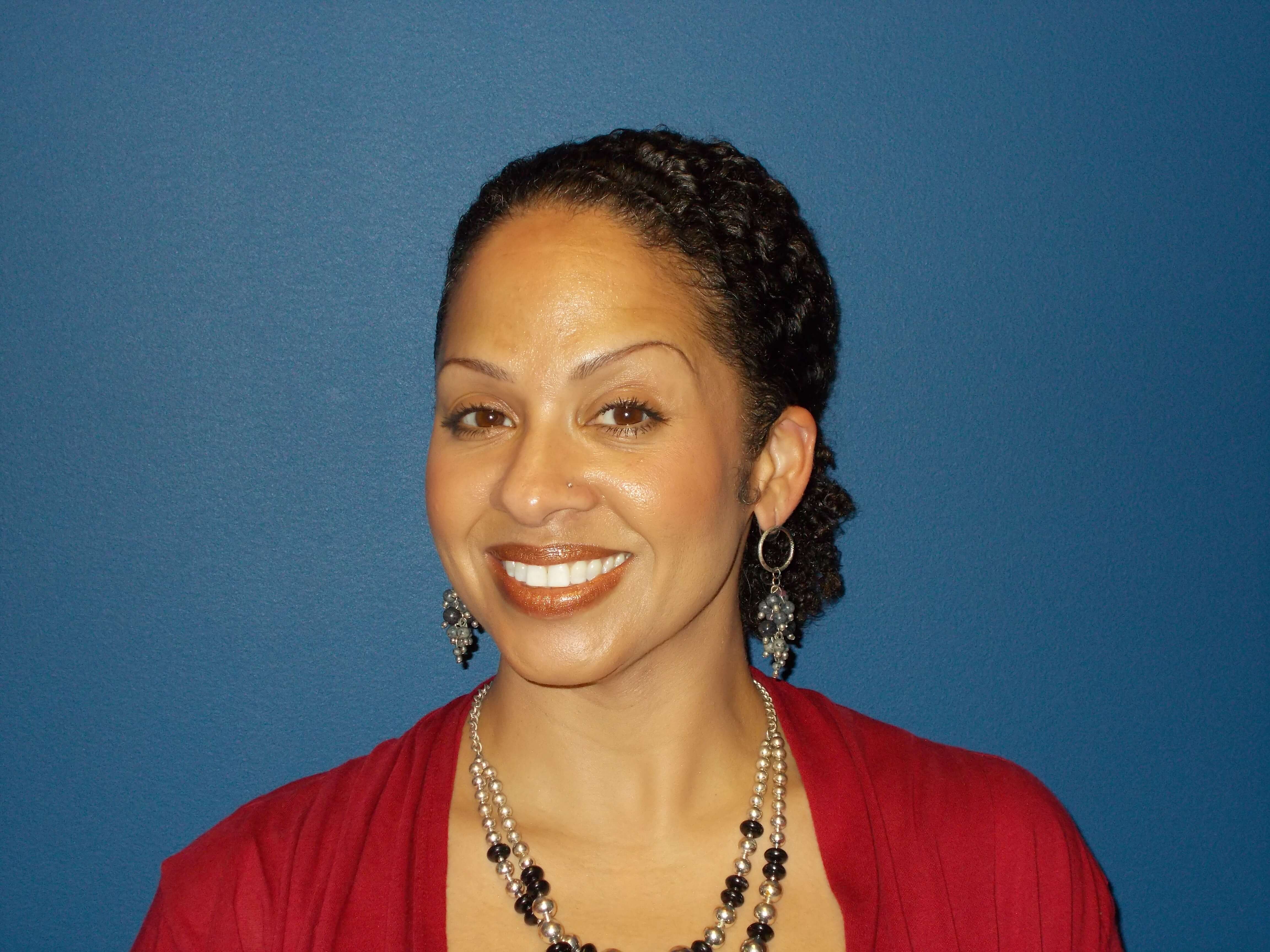Nov
21
2017
Healthy Coping When Holidays Hurt
By: Chandelle C. Carter, Bereavement Coordinator
For most, the holiday season is a time of delight, gratitude and hope. As messages of family, joy and togetherness abound, we become warmly nostalgic; we find ourselves fondly reminiscing over holidays past, and eagerly anticipating the new memories we will create. We are grounded by long-held traditions, comforted by the closeness of loved ones, and encouraged by the promise of the new year ahead. As the renowned song proclaims, the holidays have been coined “The Most Wonderful Time of the Year.” For those who’ve experienced the death of a loved one, however, it can be the most difficult time of the year. For many who are grieving, holidays hurt.
Holidays Often Make the Weight of Grief Even Heavier
Society remains largely indifferent to the fact that the same seasonal commercials, songs and programming that evoke such warm feelings in many, can also inflict tremendous pain on those journeying through the grief process. The constant barrage of holiday messages can induce extreme sadness, loneliness and emptiness when we are grieving; each new message of family and togetherness is another suffocating tidal wave of pain washing over an already sorrow-saturated heart. Instead of cherished memories, thoughts of former holidays create an overwhelming yearning for the one the griever must learn to live without. The griever also often finds himself grieving not only his loved one, but a myriad of associated losses: the hope of future holidays spent with the deceased, traditions their loved one was an important part of; the family that no longer is (as dynamics have changed and roles shifted). One may even grieve the loss of their own once-happy self. Add to this the unspoken expectation that one should be joyful—and the subsequent guilt of feeling that you are bringing everyone else down because you’re not joyful— and the holidays can feel less like riding in a one-horse open sleigh, and more like pushing a wheel-barrow full of rocks. Society does not openly recognize that, for those grieving, the holidays feel like peering through an exquisitely decorated window into a festive holiday gala everyone has been invited to except you.
It is no wonder that many grieving people would prefer retreating like a bear to its cave, hibernating in isolation until the holidays are over. While ignoring the holidays may feel like a viable option, it is not; denial is never anything more than a hindrance to healing. Although it may be extremely painful, particularly the first holiday season after a death, learning to navigate through the holiday season is an important milestone in the new normal grieving individuals and families must learn to create.
Some choose to keep family holiday routines and traditions the same. For those with this preference, it can be very helpful to incorporate your loss into your plans. Pretending things are the same is futile—things are not the same. Confronting this truth by openly acknowledging your loved one’s absence, gives everyone permission to express their sadness rather than feeling pressured to don a mask of false happiness. This emotional authenticity also fosters greater emotional intimacy among family members. Having everyone bring a dish and explain how their dish honors your loved one is a fantastic way to confront the loss, give everyone permission to authentically express themselves, and also ease the burden of one person having to cook an entire holiday meal. Setting a place at the table for your loved one and having everyone offer things they are thankful for about them can also be a wonderfully honoring activity.
Others cope with grief at the holidays by doing something completely different; perhaps beginning a new tradition. Choosing something your loved one enjoyed (e.g. spending Thanksgiving at the beach), or creating a ritual around something symbolic of your loved one (e.g. wrapping all gifts or decorating in their favorite color), is a wonderful way to move holidays in a new direction without feeling that you are leaving your loved one behind.
Support group attendance is also a very healthy, effective option for coping with grief during the holidays. It is difficult to not feel alone when everyone around you seems to be looking forward to something you secretly dread. As such, even those who do not typically participate in support groups tend to find connection with others who are also grieving indispensable.
However you choose to handle the holidays, let it be your choice. Giving in to the expectations of others—or even your own unrealistic holiday ideals—will only increase feelings of distress. Wherever you are at emotionally, give yourself permission to be there. For some this means giving themselves the go-ahead to not feel joyful; for others it may actually mean allowing yourself to feel joyful, despite disapproval or a lack of understanding from others.
Dealing with the death of a loved one is never easy, and the holidays can make it an even greater challenge. If you are willing to be authentic, however, have a plan and ensure that you have the support of others who really “get” grief, not only will you make it through the holidays—you may even find yourself going into the New Year with a tad more strength than you had before.
If you or someone you know would like help coping with grief through the holidays, please call our Bereavement Services department at 404.869.3052 or 404.869.3072. Hospice Atlanta bereavement services are available Monday through Friday to provide grief support, helpful recommendations, and connect you with local grief support resources. We are also available, free of charge, to speak to your workplace, church, school or other local community group about grief. A variety of grief-related topics are available.


